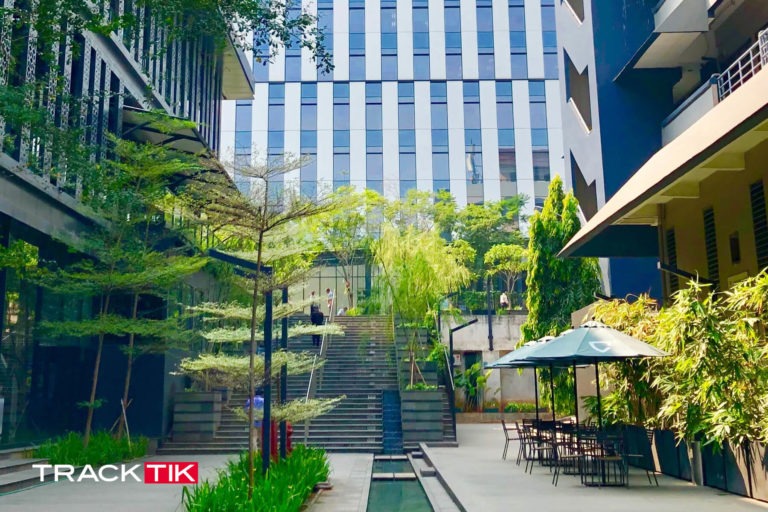Trying to predict a building’s operational needs is a complex process but a crucial one if managers want to keep their tenants’ experience positive. Emergency repairs can be sudden and costly.
Today, tenants expect more. Green buildings, tenant-friendly shared common spaces, cafes, small shops, newsletters, social programs, and more. That’s where property management technology or Field Service Workforce Management Software can help so that property managers have more time to implement value-add, proactive services to help build their own and the property’s reputation and attract new tenants.
Reactive Approach to Property Management
A reactive approach usually involves a piece of equipment or asset breaking down and needs to be fixed immediately. Property managers have to find someone to fix it and be physically present at the property to greet the maintenance team. This approach causes a lot of unnecessary stress and frustration for tenants or commercial residents.
Proactive Approach to Property Management
A proactive approach differs from a reactive approach in that property managers employ a field service management team to ensure the equipment and critical assets are kept in working order. Rather than needing a last-minute emergency service call to multiple technicians, field service management teams constantly monitor the wear and tear of equipment and assets to prevent it from happening.
So it’s clear that a proactive approach is the best way to ensure your property is safe and well maintained all year long. If you are only performing maintenance when things break down, your property’s reputation suffers, appearing less safe and less reliable.
Cloud-Based Field Service Workforce Management Software for Property Management Companies
Modern property management technology or Field Service Workforce Management Software can help property managers transition from a reactive to a proactive approach to managing their property. Instead of a never-ending list of to-do items — everything from property maintenance issues, security, sanitation, and landscape or snow removal — property management technology helps managers predict the future needs of tenants and smartly plan scheduled and routine upgrades or enhancements to properties.
Key technology tools can help property managers transition from reactive to proactive by eliminating time-consuming administrative tasks like communicating with tenants, maintenance teams, and suppliers, constantly travelling to and from properties, and invoicing. Automation and data analytics are two of the key tools that can help by eliminating mundane tasks and using analytics to predict trends proactively. Enhanced productivity can now be spent on developing preventative maintenance plans to improve a tenant’s experience of their property by ensuring everything from air conditioning units to elevators are all in working order.
Top 6 Benefits of a Proactive Approach to Property Management
- Reduces Costs: Emergency repairs are expensive. If you have to have a piece of equipment or an asset repaired in an emergency situation, such as increased fees to get extra parts quickly or after-hours overtime charges.
- Ensure Safety: A well-maintained building ensures the safety of your building, tenants or visitors. If a tenant or visitor is injured due to maintenance neglect, there is a potential for lawsuits to be filed against the property manager. Using a solid, proactive approach reduces the risk of lawsuits and protects your property, tenants, and visitors from harm.
- Increases Efficiency: Proactively maintaining your property is essential for efficiency. Maintaining a property and its equipment and assets, landscaping, snow removal, and sanitation requirements will help the property run to optimal efficiency.
- Provides Time Savings: Scheduled and routine maintenance, a property manager can specify when specific maintenance should be performed. Establishing a set routine for maintenance checks and tasks can be a real-time-saver for property owners and managers.
- Increases Successful Tenancy: When tenants have a positive experience, they are more likely to stay longer. A proactive approach to property management and maintenance ensures that both managers and tenants have a positive experience and fosters a good relationship between managers and tenants.
- Maintains Property’s Value: Addressing problems before they occur can lead to better outcomes than constantly relying on last-minute emergency fixes. Keeping properties well-maintained will help managers and owners to maintain the property’s value on the property market and increase rental yields. Occupancy rates rely on having a well-maintained and attractive property for potential tenants.
Contact us to learn more about how TrackTik can help you keep your commercial, industrial, and residential properties secure, clean, and well-maintained.
tracktik.com/property-management



